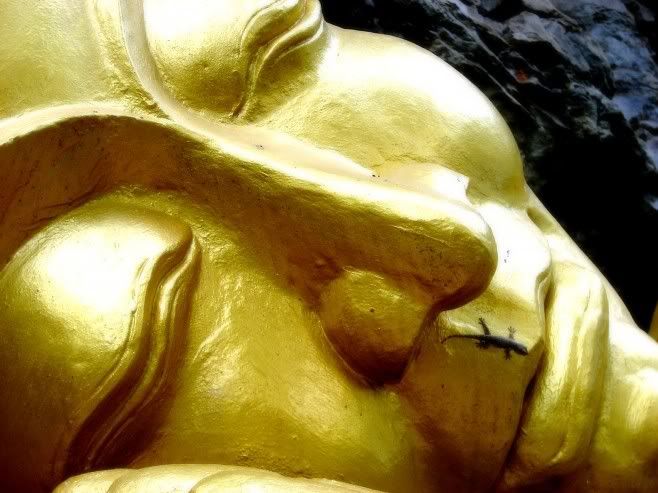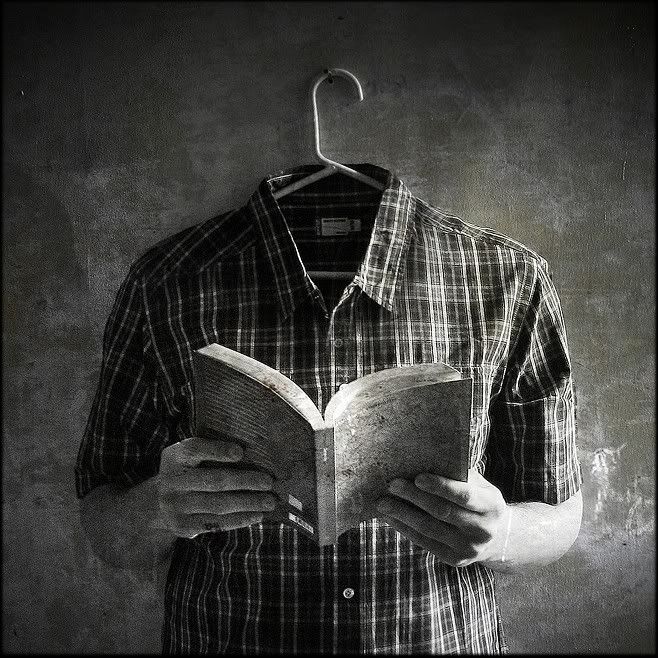Chuck Klosterman has perspective to burn. I would bet a large sum of money on his being correct (or at least pursuasive) ninety-five percent of the time, whether or not I personally disagree with his thoughts, particularly as they relate to the age old question "What does it all mean?" Ostensibly, he makes a good point on the subject, on many subjects, and one in particularly is, what's with Publishings' state of affairs? We rank 18 out of 24 nations in terms of the relative effectiveness of our educational system, and routinely have low reading rates of adults across the nation. But that's not all, Culture as a whole generally sucks, countries hate us for the shit we spew out. So, it seems significant to read a passage from Chuck Klosterman's
IV, a collection of essays from his days spent writing for Esquire and Spin magazine, who said this:

Photo by Carrie Marshall
"Why, I wondered, do people so often feel let down by popular culture? Why do serious film fans feel disgusted when another stock Tom Hanks movie earns $200 million? Why do record store employees get angry when a band like Comets on Fire comes to town and only twenty-two people pay to see them? Why do highly literate people get depressed when they look at The New York Times Best Sellers list?"
So much of what we see around us, we disagree with. Yet, pop icons, among many facets of society, continue to exist and excel through public support and cultural infrastructure. Chuck continues his thought with this - a juxtaposition of one's own thoughts versus public opinion, or rather - what sells the fastest and in the largest quantities:
"There's always this peculiar disconnect between how people exist in the world and how they think the world is supposed to exist; it's almost as if Americans can't accept an important truth about being alive. And this is the truth to which I refer: culture can't be wrong. That doesn't mean it's always "right," nor does it mean you always have to agree with it. But culture is never wrong. People can be wrong, and movements can be wrong. But culture - as a whole - cannot be wrong. Culture is just there. "
Michael Moore is the best example of Klosterman's statement. I mean, if culture as a whole loves Paris Hilton and continues to promote her for reasons I cannot comprehend, then who I am to contend with popular opinion? I have no stake in her celebrity. If she sells, then market her. In this day and age, with the markets crashing and people desperate for ideas that sell, in a market devoid of originality, then Chuck is right, Culture is not wrong, it's our realistic gossip-gulfing self. The disappointment sets in because our realistic makeup doesn't match our idealism. But....

Photo by Mustafa Calaki
If disagreement with mainstream culture simply means that your ideas aren't preferred, then consider the opposite, by Stephen King, who says, "There is a kind of unspoken (hence undefended and unexamined) belief in publishing circles that the most commercially successful stories and novels are fast-paced....the underlying thought is that people have so many things to do today, and are so easily distracted from the printed word, that you'll lose them unless you become a kind of short-order cook, serving up sizzling burgers, fries, and eggs over easy just as fast as you can. Like so many unexamined beliefs in the publishing business, this idea is largely bullshit...which is why, when books like Umberto Eco's
The Name of The Rose or Charles Frazier's
Cold Mountain suddenly break out of the pack and climb the best-seller lists, publishers and editors are astonished. I suspect that most of them ascribe these books' unexpected success to unpredictable and deplorable lapses into good taste on the part of the reading public."
I think, we all liked McDonalds hamburgers, and look where that got us. Fast food and bigger belts - can you consider these ostensibly unintended consequences the "not wrong" taste of Culture? Or is Chuck Klosterman's assertion that culture's not wrong or right just really saying that culture is the result of freedom of choice, and where we're at is the result of freedom, not taste, because from what I can tell - we don't have any.
 Photo by Mauricio Quiroga - Miami's Memorial Statue
Photo by Mauricio Quiroga - Miami's Memorial Statue











